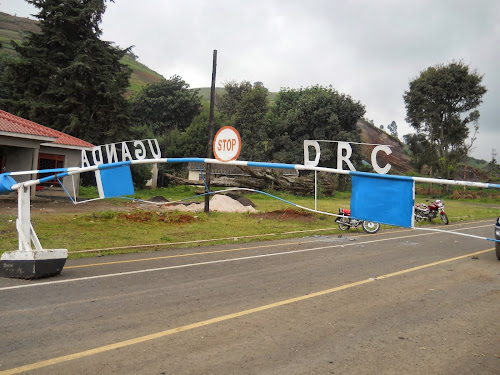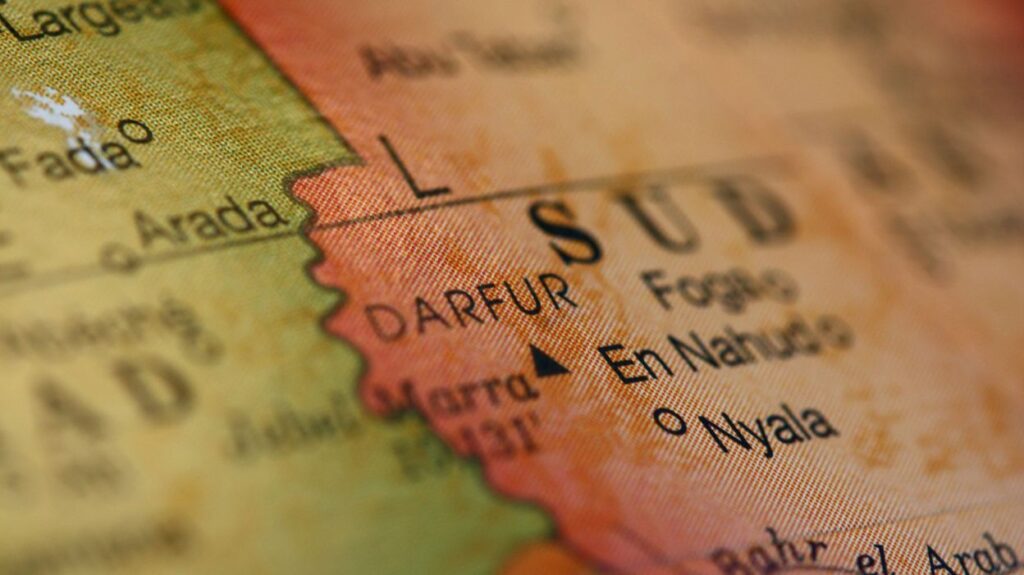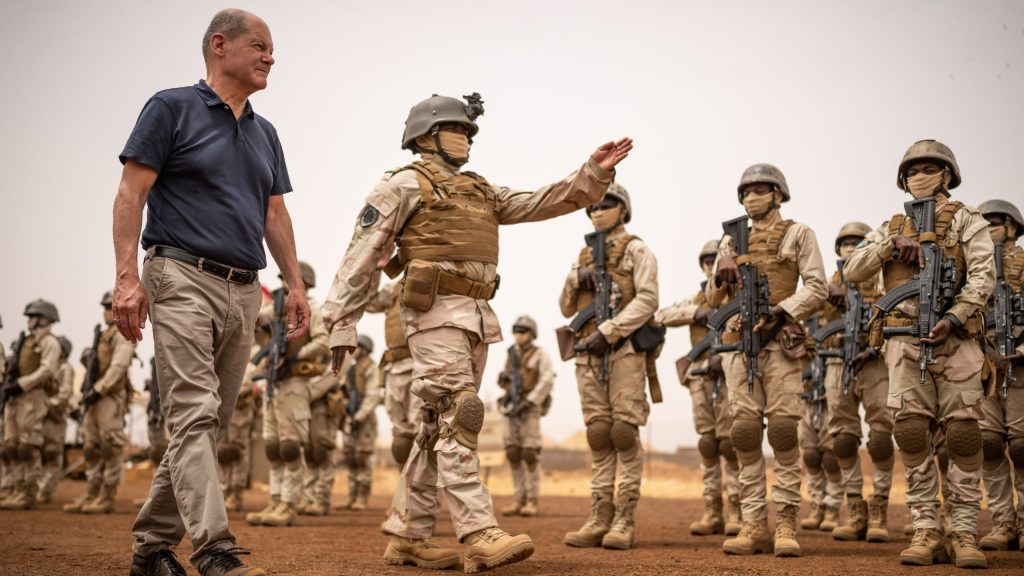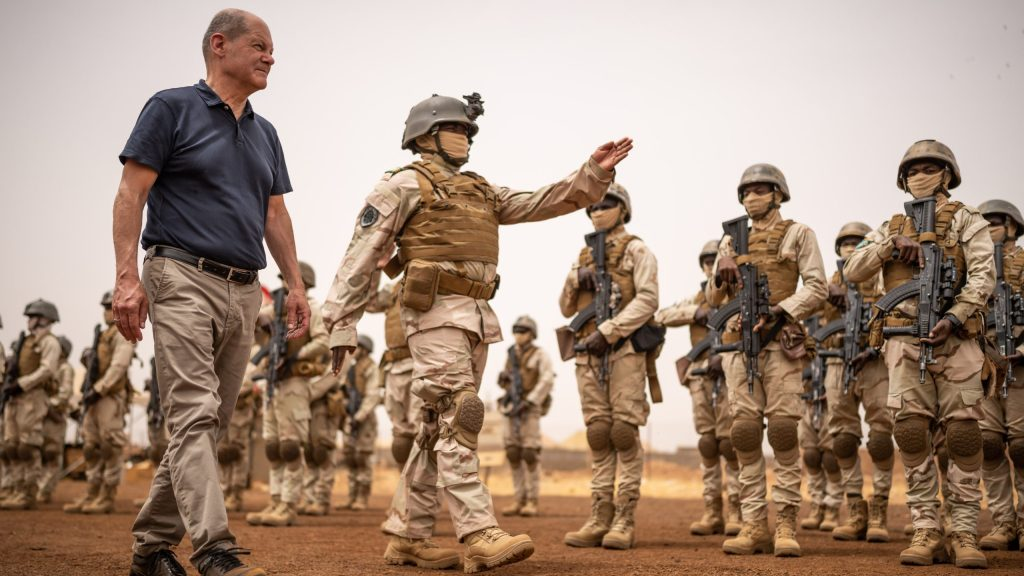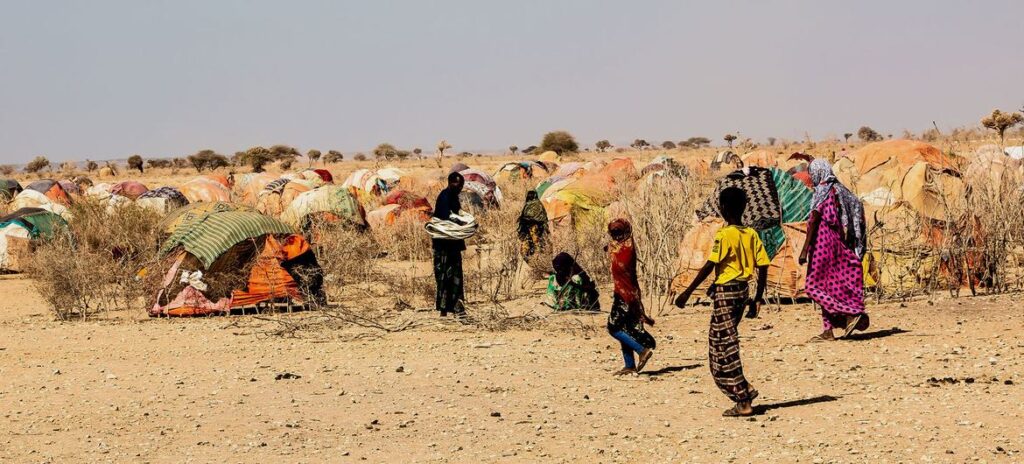Britain Plans to Fly Refugees to Rwanda on Tuesday
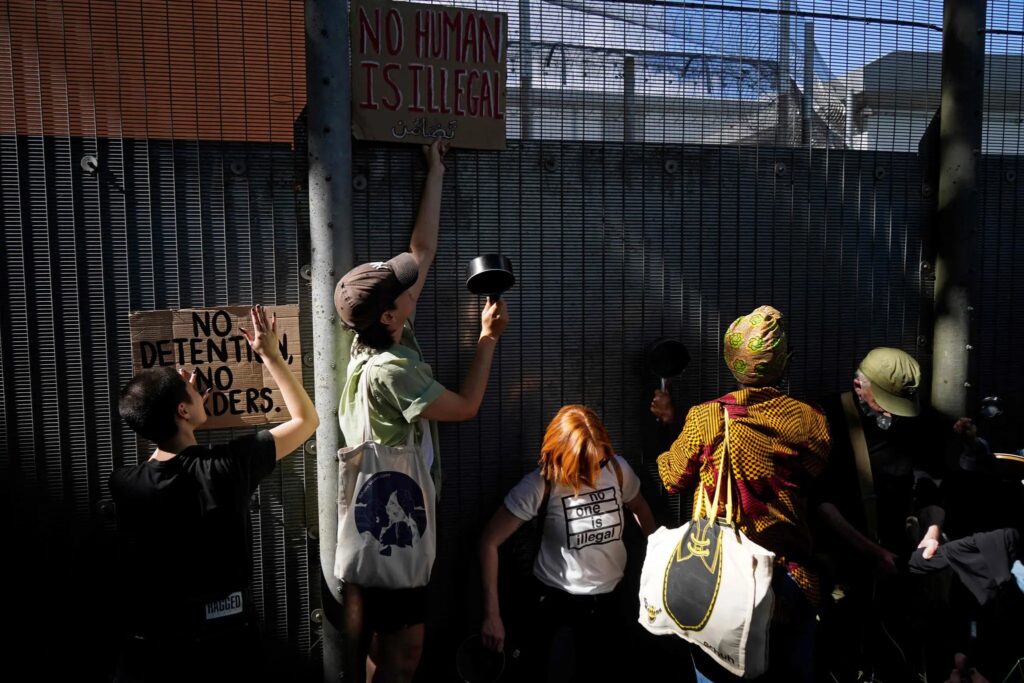
A court refused two appeals Monday, clearing the way for Britain to begin implementing the controversial plan to process and resettle people who crossed the English Channel to get to England.
The British government planned to proceed on Tuesday with flying immigrants to Rwanda for processing and resettlement, after a court blocked two appeals to the contentious plan on Monday, according to Care4Calais, one of the aid groups involved in the appeal.

